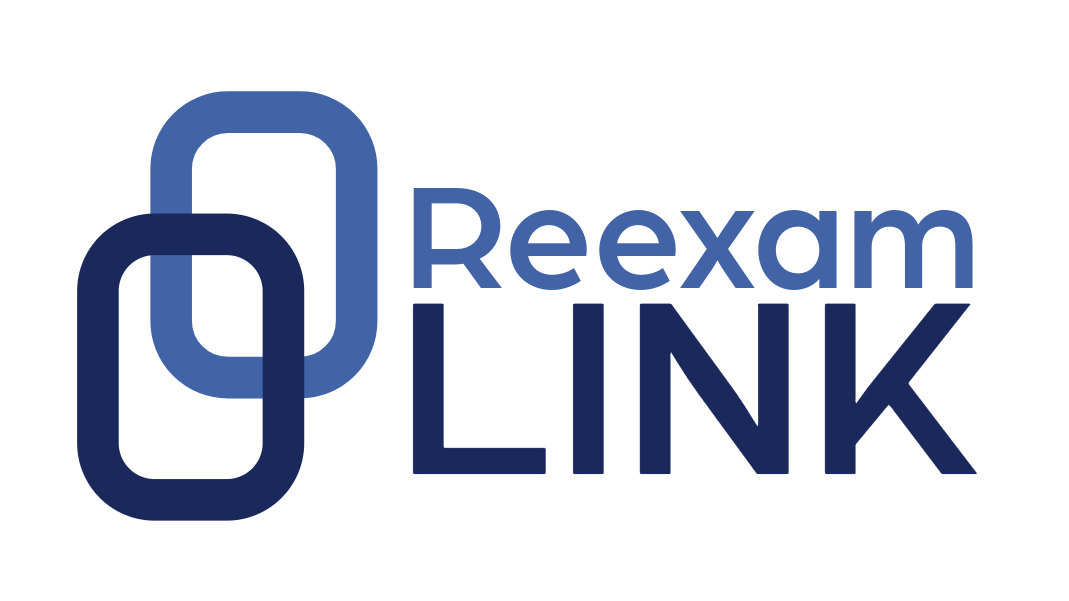Category: Federal Circuit
-
Federal Circuit Weighs in on Exceptional Case Determinations in Realtime Adaptive Streaming v. Sling TV and Dish
A recent Federal Circuit decision provided some additional insight into exceptional case determinations in patent infringement disputes. In Realtime Adaptive Streaming v. Sling TV, the Federal Circuit reviewed an award of attorneys’ fees granted to DISH and related Sling entities (collectively, DISH) by the United States District Court for the District of Colorado. Realtime Adaptive…
-
A Split Panel of the Federal Circuit Reverses PTAB Finding of Unpatentability Without Remand in DSS v. Apple
In DSS Technology Management v. Apple Inc., a split panel of the Federal Circuit reversed a finding of patentability by the Patent Trial and Appeal Board (PTAB or the Board), but did so without remanding the case back to the Board for further findings. In DSS, the Federal Circuit considered two inter partes review decisions finding…
-
PTO Brief Argues Why PTAB Can Issue Decisions On Remand From FedCir
Under the America Invents Act IPRs are supposed to be completed with a final written decision no later than a maximum of 18 mos after institution. But if the FedCir remands for further findings on appeal can the PTAB issue a decision on remand past the 18 mos? “Yes” says the USPTO, and in a…
-
Supreme Court’s Stryker/Halo Decision Makes it Easier for Courts to Award Enhanced Damages In Patent Infringement Cases
The recent Supreme Court decisions in the Stryker and Halo cases just made it easier for courts to award enhanced damages in patent infringement cases, discarding Seagate’s “objective recklessness” test. The Seagate Test In 2007, the Federal Circuit announced a test for enhanced damages whereby a plaintiff seeking enhanced damages had to show that the infringement of his patent was…
-
PTAB Relies on the Federal Circuit’s Recent § 101 Decision to Deny CBM Institution
On May 12, 2016, the Federal Circuit issued a decision on 101 patent eligibility that overturned a summary judgment finding of § 101 invalidity for software used for databases. Enfish, LLC v. Microsoft Corp., No. 2015-1244, 2016 WL 2756266 (Fed. Cir. May 12, 2016). The Enfish v. Microsoft decision interpreted the “abstract idea” first prong of…
-
Federal Circuit Employs Phillips Claim Construction to Measure Claims Amended in Reexamination for Possible Intervening Rights
—
by
in Broadest Reasonable Interpretation, claim challenges, Claim Construction, clear and convincing evidence, covered business methods, Damages, Ex Parte Prosecution, Federal Circuit, inter partes review, intervening rights, Litigation, past damages, Phillips claim construction, Post Grant Review, preponderance of evidence, prior art, reexamination generallyWhen patent owners sue an accused infringer for patent infringement, one way for the accused infringer to avoid liability is to show noninfringement of the patent claims. But if the claims are extremely broad, the accused infringer may find it difficult to prove noninfringement and instead may have to rely on a showing of invalidity to avoid…
-
Patent Trends to Watch in 2016
2016 is starting off with a bang! A number of interesting new developments have occurred as we enter into this new year: The Supreme Court will review broadest reasonable interpretation (BRI), courtesy of the petition for cert in Cuozzo The Federal Circuit continues to selectively review and provide guidance on PTAB decisions, such as in Ethicon Endo-Surgery…
-
Federal Circuit Interprets Board’s Broadest Reasonable Interpretation Standard – Part II
In Microsoft Corp. v. ProxyConn, Inc. v. Michelle K. Lee, Intervenor (Fed. Cir. cases 2014-1542 and -1543), the Federal Circuit reversed claim constructions made by the Board in the underlying IPRs. One of the claim constructions that was reversed related to the interpretation of components of a packet-switched network. In particular, the claims recite a…
-
Federal Circuit Interprets Board’s Broadest Reasonable Interpretation Standard – Part I
We know from the Federal Circuit’s decision in In re Cuozzo Speed Technologies, that the broadest reasonable interpretation (BRI) standard applies in IPRs, but in a recent appeal decision, the Federal Circuit has announced limits to the application of BRI. Microsoft had filed two separate IPR petitions challenging certain claims of U.S. Patent No. 6,757,717, which were later…
-
In re Cuozzo Speed Technologies: Federal Circuit Affirms Board Finding of Unpatentability in First IPR
The Federal Circuit affirmed the final determination of the Board in the first inter partes review under the Leahy-Smith America Invents Act (AIA). Garmin petitioned for IPR of claims 10, 14 and 17 of U.S. Patent No. 6,778,074 owned by Cuozzo Speed Technologies. The Board found these claims obvious and denied Cuozzo’s motion to amend the…
